Breaking News: US Reporter Evan Gershkovich Released by Russia in Multi-Nation Deal
In a significant development on the international stage, US reporter Evan Gershkovich has been released by Russia as part of a multi-nation prisoner swap deal. This breaking news has captured global attention, reflecting a complex diplomatic negotiation that involved several countries working together to secure Gershkovich’s freedom. This article delves into the details of the release, the broader implications, and the reactions from various stakeholders.
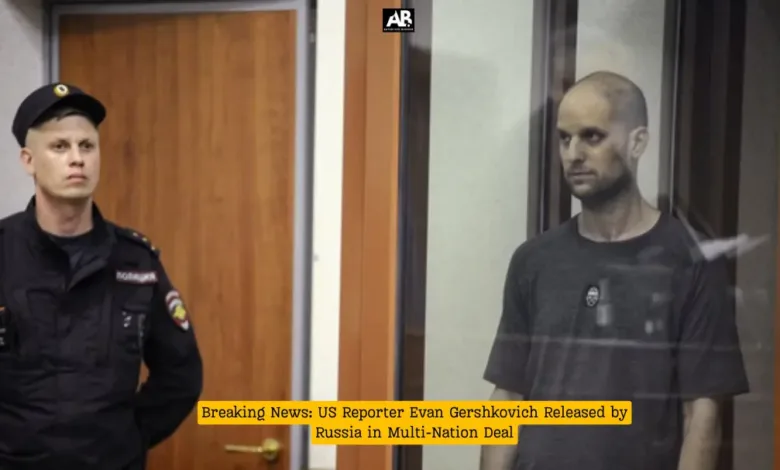
Details of the Release
Evan Gershkovich, an American journalist working for The Wall Street Journal, had been detained by Russian authorities earlier this year on charges that sparked international controversy. His release was achieved through a coordinated effort involving multiple countries, highlighting the intricate nature of international diplomacy and prisoner negotiations.
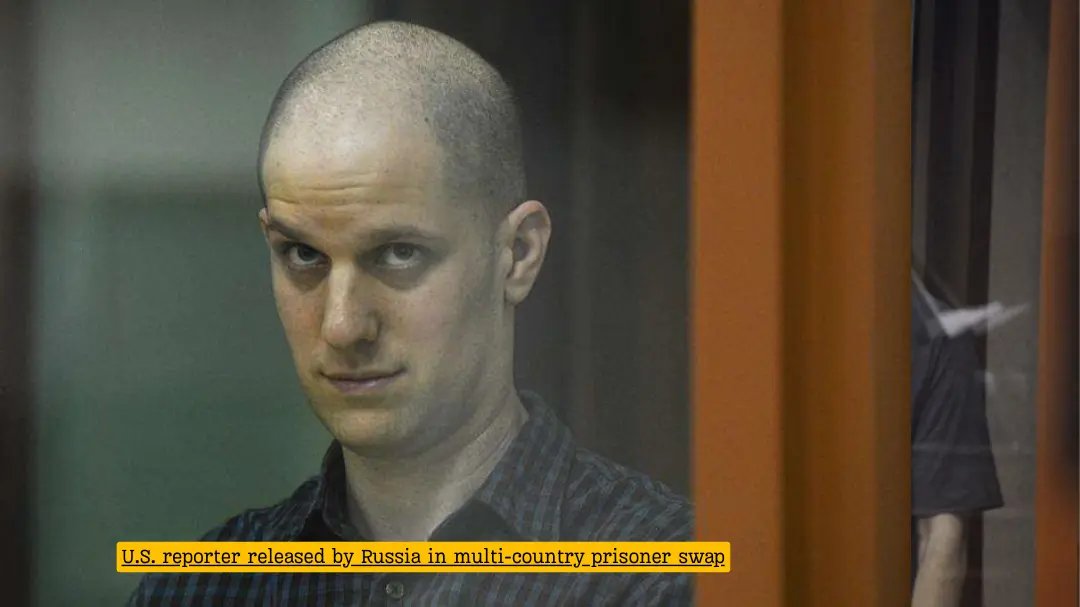
1. Multi-Nation Negotiations
The release of Gershkovich was facilitated through a multi-nation deal involving significant diplomatic efforts. Key players in the negotiation included the United States, Russia, and several other countries that played crucial roles in brokering the agreement. The specifics of the negotiations remain confidential, but the successful outcome underscores the effectiveness of collaborative diplomacy in resolving complex international issues.
2. Conditions of the Swap
As part of the deal, several prisoners held by various countries were exchanged. While the exact terms and conditions of the swap are not fully disclosed, it is clear that the agreement required extensive negotiation and compromise from all parties involved. The swap reflects a broader trend of using diplomatic channels to resolve high-stakes conflicts and facilitate the release of detained individuals.
Implications of the Release
The release of Evan Gershkovich carries significant implications for international relations, media freedom, and diplomatic negotiations:
1. Impact on International Relations
The successful resolution of Gershkovich’s case is likely to impact international relations, particularly between the United States and Russia. The deal may pave the way for improved diplomatic engagements and open avenues for addressing other contentious issues between the two countries. It also demonstrates the potential for resolving conflicts through negotiation and cooperation, rather than confrontation.
2. Media Freedom Concerns
The case of Evan Gershkovich has raised important questions about media freedom and the treatment of journalists in conflict zones. His release is a relief to the journalism community, which has expressed concerns about the risks faced by reporters working in challenging environments. The resolution of this case highlights the need for continued efforts to protect media freedom and ensure the safety of journalists worldwide.
3. Future Diplomatic Efforts
The successful negotiation of the prisoner swap may influence future diplomatic efforts and negotiations. It demonstrates the potential for multi-nation agreements to address complex international issues and underscores the importance of diplomatic engagement in resolving conflicts. The deal may serve as a model for future negotiations involving detained individuals and other contentious matters.
Reactions from Stakeholders
The release of Evan Gershkovich has elicited a range of reactions from various stakeholders, including governments, media organizations, and the public:
1. Government Responses
Government officials from the United States and other involved countries have welcomed Gershkovich’s release as a positive development. The U.S. government has expressed gratitude to the countries that played a role in securing his freedom and has reaffirmed its commitment to supporting journalists and advancing diplomatic relations.
2. Media Community
The media community has responded with relief and support for Gershkovich’s release. Journalists and media organizations have highlighted the importance of protecting press freedom and ensuring the safety of reporters working in difficult circumstances. Gershkovich’s return is seen as a victory for media advocacy and international solidarity.
3. Public Reaction
The public reaction to the news has been one of widespread relief and interest. Social media platforms and news outlets have featured extensive coverage of the story, reflecting the significant public interest in the case and the broader implications of the multi-nation deal.

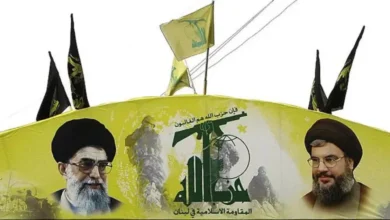
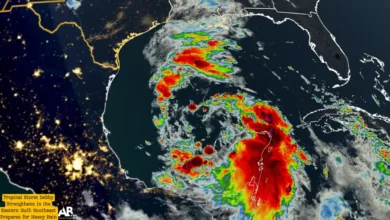
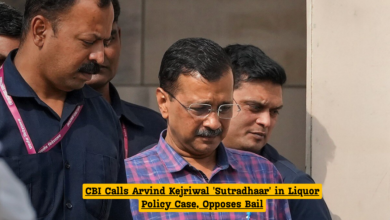


Hey there! This is my first comment here so I just wanted to give a
quick shout out and say I genuinely enjoy reading your posts.
Can you recommend any other blogs/websites/forums that deal with the same topics?
Thanks a lot!!